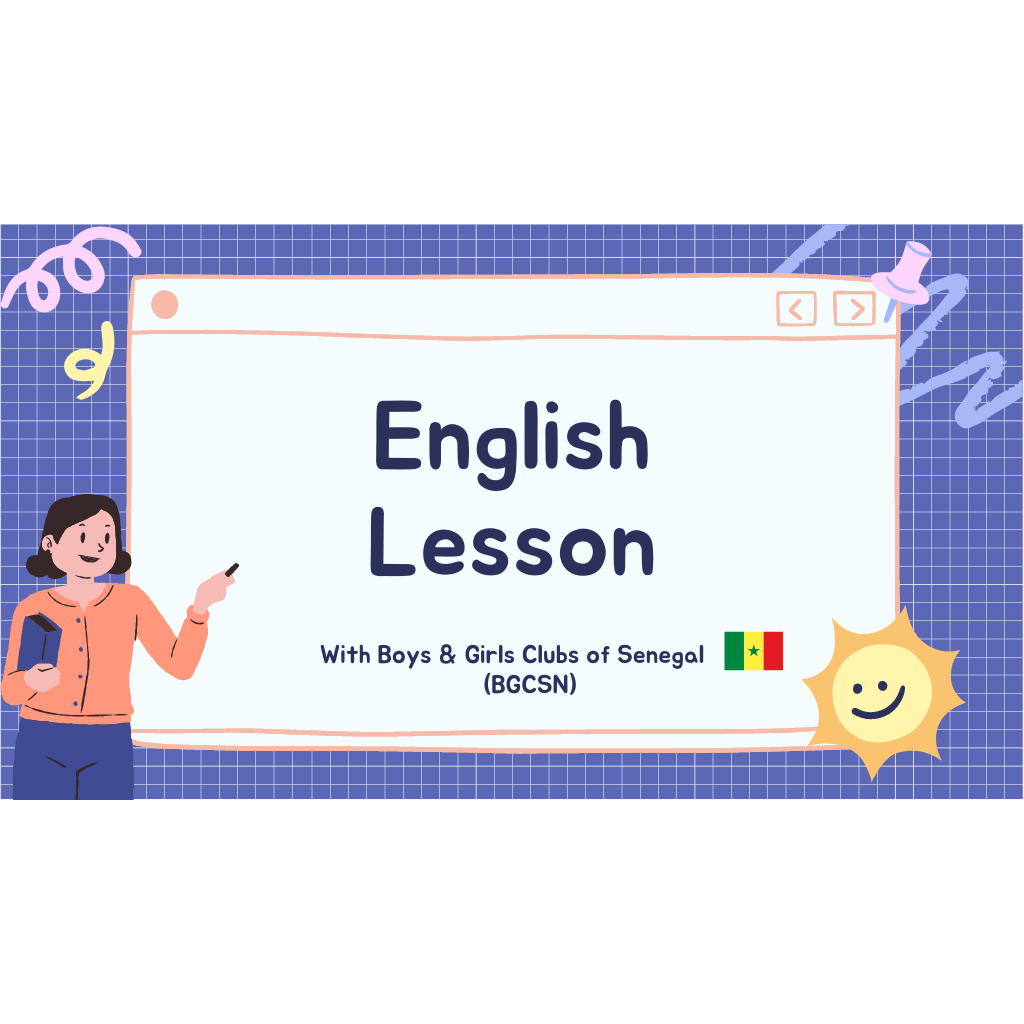Create your personal vocabulary bank with suffixes! Start cultivating a large collection of new words using suffixes to help expand your knowledge of the English language.
-ize and -ise: Both forms can mean to cause to become, or to make. For example, “to realize” is to make or cause to become real.
-tion: This ending is derived from the Latin suffix ʃonem which is used to form nouns from verbs. An example of this is “realization”, which is the noun form of the verb “realize”.
-ment: This suffix is also derived from the Latin suffix mentem and is used to denote an action, process, or result. An example of this is “employment”, which is derived from the verb “employ”.
-fy: This suffix is used to create verbs which show that something has been made into something else. For example, “ to solidify” something is to make it solid.
-ance: This suffix is often used to form abstract nouns that are based on adjectives. An example of this is “importance” which is derived from the adjective “important”.
-al: This suffix creates a noun which denotes an action or procedure. An example of this is “arrival” which is derived from the verb “arrive”.
-ism: This suffix creates a noun from an adjective, verb, or noun, and often indicates an action, state, system, or belief. An example of this is “socialism” which is derived from the adjective “social”. Improve Your Vocabulary With Suffixes
One of the most effective ways to enhance your English vocabulary is by adding suffixes to words. Suffixes are groups of letters or syllables that are added to the end of a root word, forming a new word with a different meaning. By learning some common suffixes, you can expand your vocabulary and communicate more effectively in English.
Let’s take a closer look at a few common suffixes and how they can help you improve your vocabulary:
1. -able/-ible: This suffix means ”capable of” or “worthy of.” For example, by adding -able to the word ”read,” you create “readable,” meaning able to be read. Similarly, by adding -ible to “predict,” you get “predictible,” meaning able to be predicted. This suffix is particularly useful to describe the characteristics or qualities of something.
2. -er/-or: Adding -er or -or to a verb creates a noun indicating a person or thing that performs a particular action. For instance, by adding -er to the verb “teach,” you form the noun “teacher,” meaning a person who teaches. Likewise, by adding -or to the verb “act,” you create “actor,” describing someone who acts in movies or plays.
3. -less: When you attach -less to a word, it indicates the absence or lack of something. For example, by adding -less to ”fear,” you form “fearless,” meaning without fear. Similarly, by attaching -less to “care,” you get “careless,” indicating a lack of care or attention.
4. -ful: This suffix denotes “full of” or ”characterized by.” For instance, adding -ful to “joy” forms ”joyful,” meaning full of joy. By attaching -ful to “help,” you create ”helpful,” indicating someone who provides assistance.
5. -ment: By adding -ment to a verb, you create a noun representing an action or process. For example, when you attach -ment to “develop,” you form “development,” indicating the process of growth or progress. Similarly, by adding -ment to ”enjoy,” you get “enjoyment,” representing the act or state of experiencing pleasure.
Learning suffixes not only expands your vocabulary but also helps you understand the meaning of unfamiliar words. By recognizing the suffix, you can break down and decode the word’s structure, making it easier to comprehend. Additionally, understanding suffixes enables you to form new words with specific meanings, thus enhancing your ability to express yourself accurately and precisely.
To improve your vocabulary with suffixes, practice identifying and using them in context. Read extensively in English, paying attention to words that contain suffixes. Look up unfamiliar words in a dictionary to understand their meaning and how they are formed. You can also create flashcards or use online vocabulary-building tools to reinforce your understanding of common suffixes.
Remember, building your vocabulary is an ongoing process, and suffixes can be a valuable tool in your language learning journey. By incorporating suffixes into your study routine, you will not only expand your vocabulary but also become a more confident and effective English communicator.
Having the knowledge of suffixes can be invaluable in unlocking the power of words in the English language. Use the steps above to add to your vocabulary bank and take your communication to the next level!
